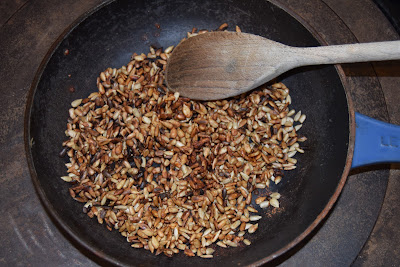55 / Words
The sound of a
word in the English language, uttered aloud, or said silently, often gives the
word an added fascination. Whether
single syllable, or polysyllabic, some words have an almost irresistible
allure. Who can fail to succumb to
the seductive sound of ‘silk’. Repeat it
over to yourself. I’m not talking
about onomatopoeia (sound echoing the sense of the word. Like ‘buzz’ or ‘whack)’, nor how
fitting the word appears to its conceptual meaning. But about the luxurious beauty in itself of the sound - ‘silk’.
Soft and strong. Or try ‘sesquipedalian’. It means ‘long
winded’. It’s impossible to say
the word without noticing its pompous rhythm.
Some words, on
the other hand, are just plain ugly. A word selected by Oxford Dictionaries as
the 2017 word of the year is ‘youthquake’. What an abomination of a word! It’s defined as “a significant
cultural, political, or social change arising from the actions or influence of
young people”. It recognises the
impact that the millennial
generation has had in driving political change – at least in nations in the
western world like during the recent UK Elections. The word is a horrible shotgun wedding of disparate sounds.
The French have
their own problems. For some
reason (on which scholars fail to agree) the French language assigns gender to
nouns. Old English used masculine,
feminine, and neuter, similar to the way in which the German language does
today. Modern English has given up
on this and moved on. French
however still insists that tables and chairs are feminine. Worse than this is the dominance of the
male pronoun. As soon as, for
example, a male teacher joins a group of female teachers. All of them, male and female, are
referred to as masculine. There
has finally been a pushback against this state of affairs by the use of the
‘middot’ – a way of allowing both masculine and feminine endings to nouns and
adjectives. The use of this tiny
punctuation mark has caused uproar in France with the French prime minister denouncing ‘inclusive language’
in official texts. When you
consider the compromise ‘instituteur•rice’ - difficult to savour silently, or spoken aloud - you can see maybe
he might have a fair point.


